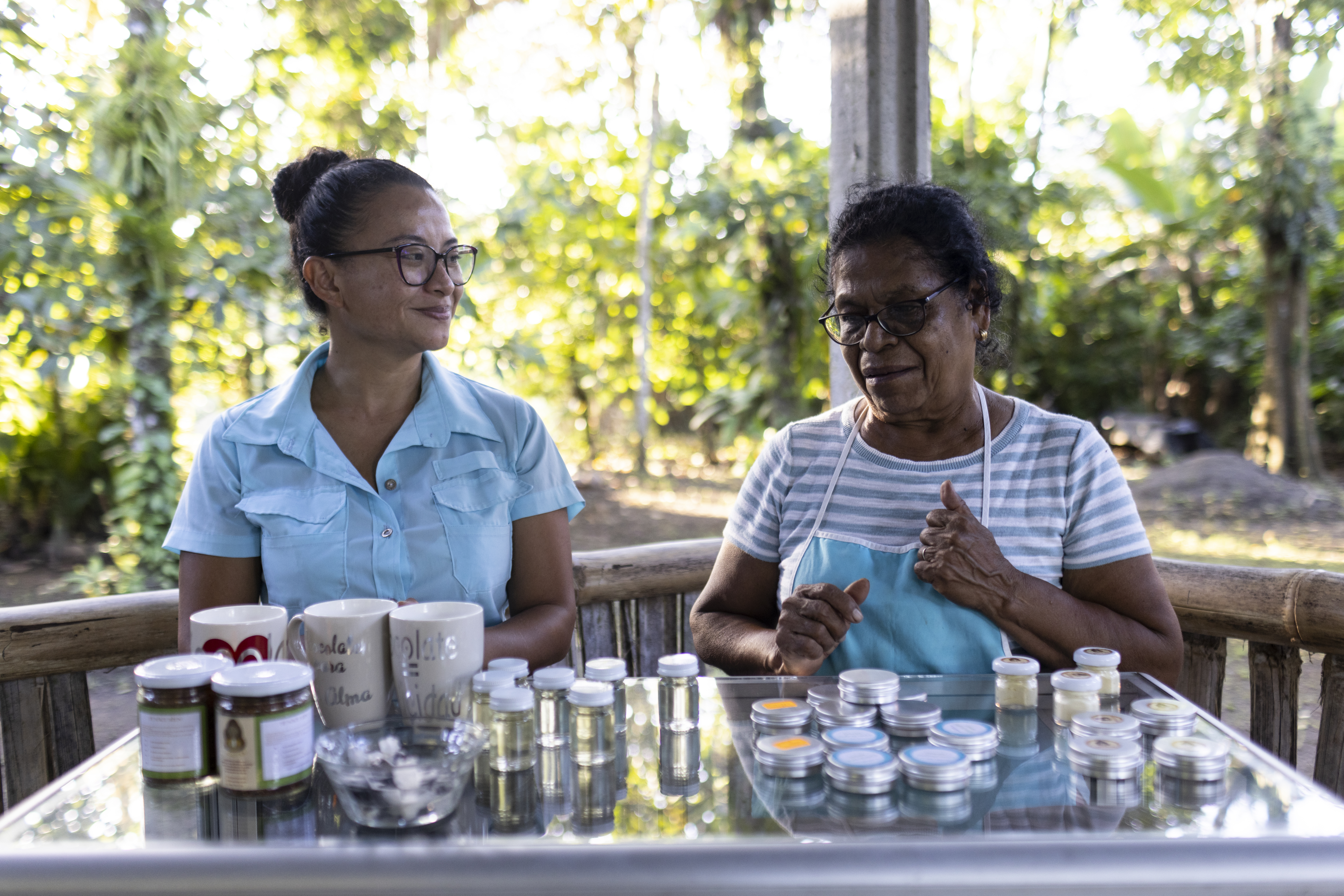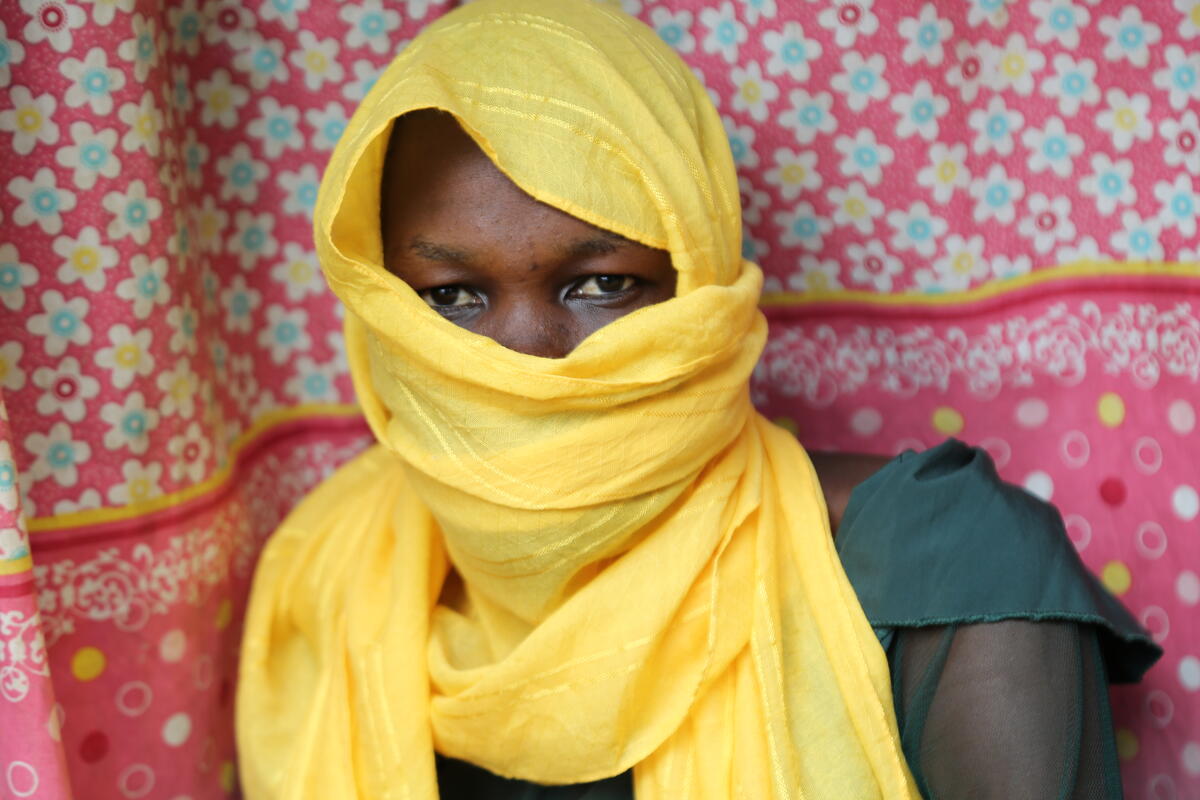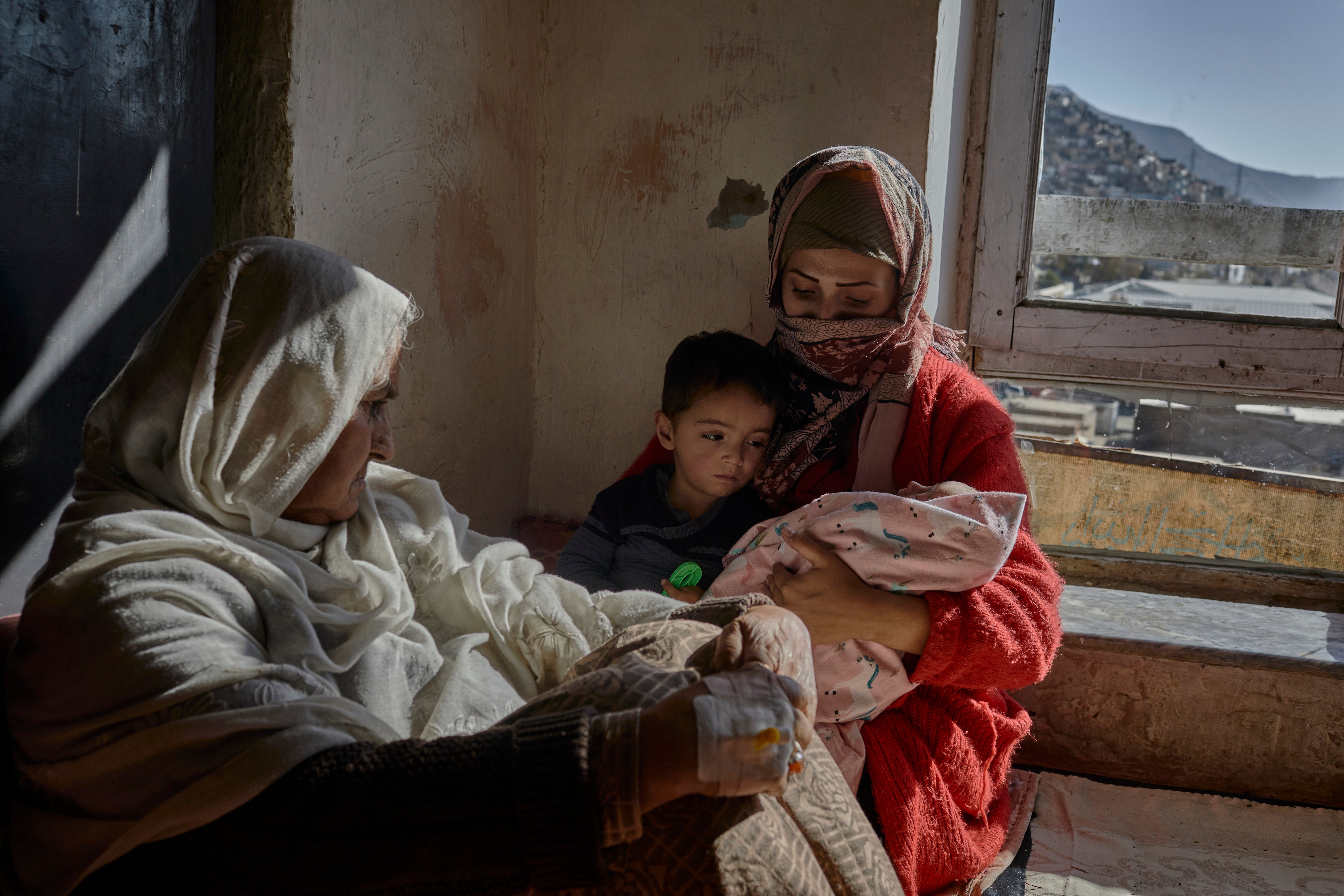Sexual violence on the rise in DRC's North Kivu
Sexual violence on the rise in DRC's North Kivu
Recurrent conflict in the Democratic Republic of Congo's North Kivu province is uprooting more civilians and exposing an increasing number of women, girls and men to rape.
Statistics gathered by UNHCR in North Kivu point to an alarming rise this year in acts of violence against women and girls in the province, particularly rape. Our protection monitoring teams have registered 705 cases of sexual violence in the region since January, including 619 cases of rape. During the same period in 2012, our staff had registered 108 cases. The survivors of SGBV included 288 minors and 43 men.
We are worried that the fighting between the ADF, a Ugandan rebel group, and the army as well as renewed fighting between the army and the M23 rebels near the North Kivu capital, Goma, over the past two weeks will increase the danger for women in the region, including those living in camps.
Most cases of sexual violence are committed by armed men. Out of the 705 cases of sexual violence reported to our staff since the beginning of the year, 434 were perpetrated by armed elements.
Official UN figures give further evidence of the growing threat that women and girls face. They show that recorded cases of sexual violence in North Kivu soared from 4,689 cases in 2011 to 7,075 in 2012. Many more cases remain unreported.
UNHCR has been working closely with other humanitarian organizations and the authorities to strengthen the monitoring of sexual violence and the response. We have for example helped run courses for 96 police officers deployed in the camps and sites in Goma on how to prevent sexual violence and manage rape cases.
Meanwhile, the fighting around Goma has forced 6,000-7,000 people to flee their homes since July 14. The majority are women and children as well as young boys fleeing forced recruitment.
The newly displaced are staying in schools and churches in the northern part of Goma, some 10 kilometers from the frontline. Together with IOM and other partners, we are transferring the displaced to existing camps, mainly Mugunga 3, where they receive shelter and basic humanitarian aid.
In the Kamango area, the fighting this month has displaced an estimated 14,000 civilians, who have sought shelter in the bush and in villages around Kamango, bringing to 40,000 the number of people internally displaced in the area.
UNHCR is also alarmed by reports of human rights violations in the Kamango area, including the murder of at least 15 civilians, abductions, forced labor, beatings and illegal taxation.
According to a recent evaluation by our colleagues on the ground, displaced people are facing food shortages because they can't go to the fields to collect their crops and firewood.
Moreover, access to water and health services is also extremely difficult after 80 percent of the health centers in the area were looted. Medical staff in the area report many cases of diarrhoea and respiratory infections due to shortage of clean water and latrines.
Humanitarian access in the area is a challenge and recent reports state that the situation remains tense in the area.
A total of 967,000 people are displaced throughout North Kivu as a result of years of conflict.
For more information on this topic, please contact:
- In DR Congo, Celine Schmitt on mobile +243 81 700 9484
- In Geneva: Leo Dobbs on mobile: +41 79 883 6347
- Fatoumata Lejeune-Kaba on mobile +41 79 249 34 83









